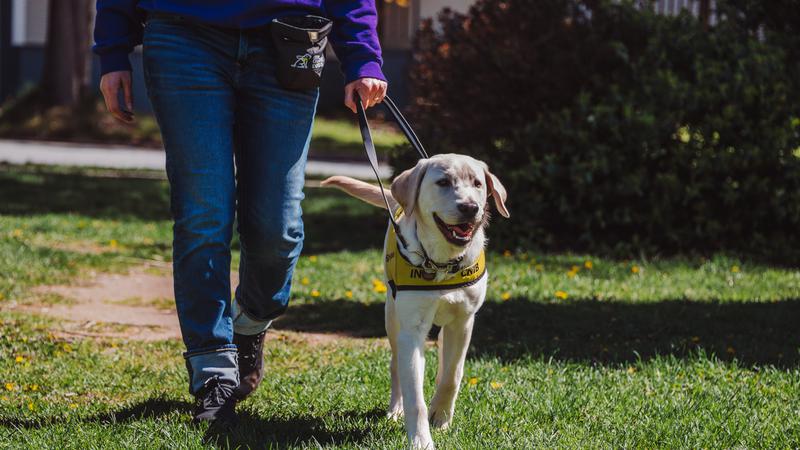
As Australia bans social media for children, Quebec is paying close attention
MONTREAL — As Australia moves to ban social media for children under 16, Quebec is debating whether to follow suit.
The provincial government decided last spring to study the possibility of setting a minimum age for social media accounts, following a push from the youth wing of the governing Coalition Avenir Québec.
But a committee examining the issue has been hearing mixed opinions on the idea, with some experts suggesting a ban would be difficult to enforce and could do more harm than good.
The Australian Senate passed a social media ban for children under 16 on Thursday, which is set to become a world-first law. The ban could be a model for other jurisdictions looking to combat the mental health impacts of social media use among young people.


